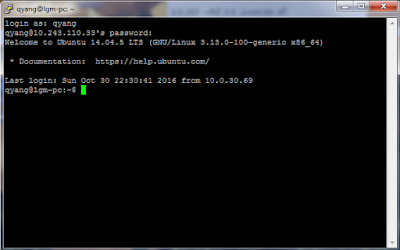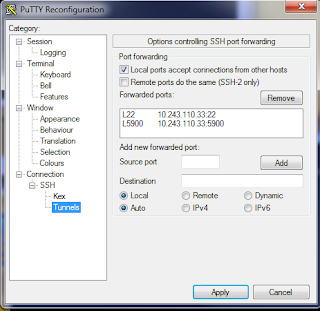[1]
Linux byexamplesFirst, how to create patch file?
------------------------------------
Patch file is a readable file that created by diff with -c (context output format). It doesn’t matter and if you wanna know more, man diff. To patch the entire folder of source codes(as usually people do)I do as bellow:
Assume Original source code at folder Tb01, and latest source code at folder Tb02. And there have multiple sub directories at Tb01 and Tb02 too.
diff -crB Tb01 Tb02 > Tb02.patch
-c context, -r recursive (multiple levels dir), -B is to ignore Blank Lines.
I put -B because blank lines is really useless for patching, sometimes I need to manually read the patch file to track the changes, without -B is really headache.
How to patch?
-------------------------
First of all, please do a dry-run before really patch it. Bare in mind, patch will be working very specifically. Let say the version 3 Tb03.patch is use to patch from Tb02, if you apply patch on Tb01, sometimes it will corrupt your source code. So, to make sure it works, do a dry run. Dry-run means a fake-test, do it at the directory of the source code targeted to patch.
Doing dry-run like this:
patch --dry-run -p1 -i Tb02.patch
The success output looks like this:
patching file TbApi.cpp
patching file TbApi.h
patching file TbCard.cpp
...
The failure ouptut looks like this:
patching file TbCard.cpp
Hunk #2 FAILED at 585.
1 out of 2 hunks FAILED -- saving rejects to file TbCard.cpp.rej
patching file TbCard.h
Hunk #1 FAILED at 57.
Hunk #2 FAILED at 77.
Hunk #3 succeeded at 83 with fuzz 1 (offset -21 lines).
....
At last, if the dry-run is giving good result, do this and enjoy the compilation.
patch -p1 -i Tb02.patch
References:
1.
Network Theory Ltd Patch Intro2.
How to create and use a patch in Linux





